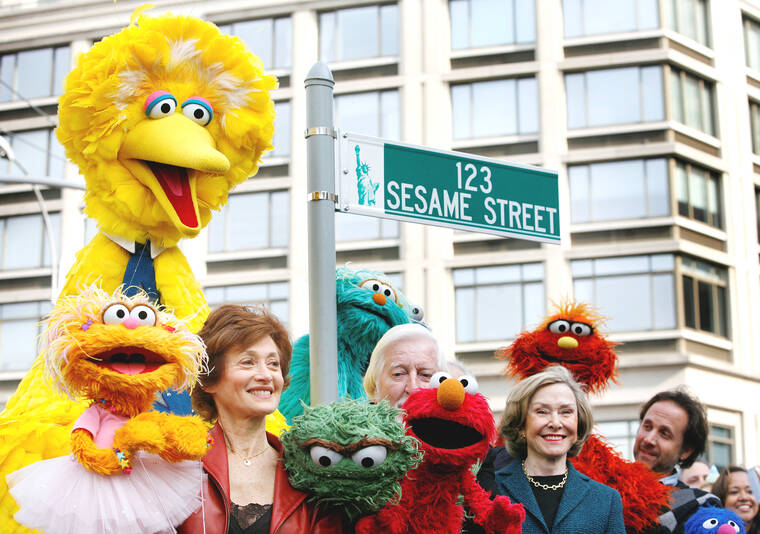PBS sues Trump over order to cut funding
PBS sued President Donald Trump on Friday to block an executive order that would cut federal funding for public television and radio, arguing that it was unconstitutional.
The lawsuit, filed in U.S. District Court in Washington by PBS and a public TV station in Minnesota, says Trump’s order violates laws that “forbid the president from serving as the arbiter of the content of PBS’s programming, including by attempting to defund PBS.”
ADVERTISING
“The executive order makes no attempt to hide the fact that it is cutting off the flow of funds to PBS because of the content of PBS programming and out of a desire to alter the content of speech,” the lawsuit says. “That is blatant viewpoint discrimination.”
Trump signed an executive order this month demanding that the taxpayer-backed Corporation for Public Broadcasting cut federal funding from NPR and PBS, arguing that those organizations were politically biased. Both organizations pushed back vehemently: NPR sued to block the executive order this week, and Paula Kerger, CEO of PBS, called it “blatantly unlawful.”
The order, PBS says, will “upend public television,” which for decades has aired shows including “Sesame Street,” “Mister Rogers’ Neighborhood” and “Frontline.”
About 16% of PBS’ $373.4 million annual budget comes directly from grants from the Corporation for Public Broadcasting, which spends more than $500 million each year on public media. PBS’ lawsuit says Trump’s order also jeopardizes the roughly 61% of its budget that comes from local station dues, arguing that the White House ban on indirect funding of PBS would apply to local stations.
A PBS spokesperson said in a statement that the network “reached the conclusion that it was necessary to take legal action to safeguard public television’s editorial independence, and to protect the autonomy of PBS member stations.”
In its lawsuit, PBS argues that Congress — not Trump — has the power to fund the Corporation for Public Broadcasting. The lawsuit also says the First Amendment prohibits the president from deciding which organizations should receive funding based on the views they express.
© 2025 The New York Times Company





